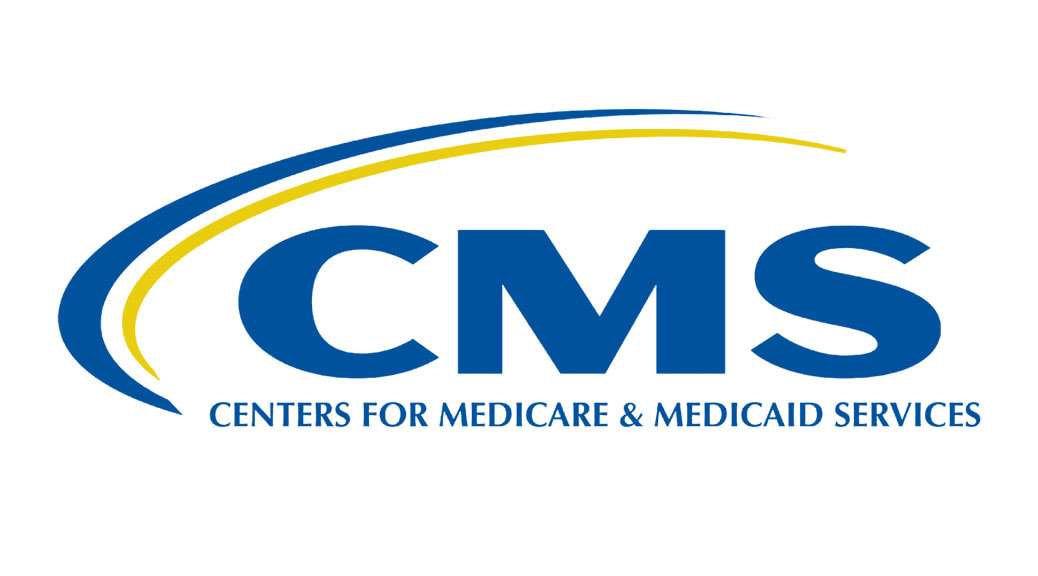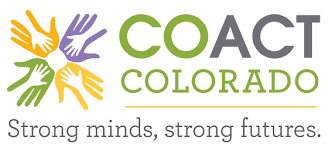A comprehensive, effectively working {Olmstead] plan must do more than provide vague assurances of future integrated options or describe the entity’s general history of increased funding for community services and decreased institutional populations.

" 'God of the gaps' is a term used to describe observations of theological perspectives in which gaps in scientific knowledge are taken to be evidence or proof of God's existence. The "gaps" usage was made by Christian theologians not to discredit theism but rather to point out the fallacy of relying on teleological arguments for God's existence.
"Some use the phrase as a criticism of theological positions, to mean that God is used as a spurious explanation for anything not currently explained by science. "The concept, although not the exact wording, goes back to Henry Drummond, a 19th-century evangelist lecturer, from his Lowell Lectures on The Ascent of Man. "He chastises those Christians who point to the things that science can not yet explain—"gaps which they will fill up with God"—and urges them to embrace all nature as God's, as the work of "an immanent God, which is the God of Evolution, is infinitely grander than the occasional wonder-worker, who is the God of an old theology." ----Wikipedia
List of Medicaid Benefits The list below outlines mandatory Medicaid benefits, which states are required to provide under federal law, and optional benefits that states may cover if they choose. Mandatory Benefits
Optional Benefits
Other services approved by the Secretary* Health Homes for Enrollees with Chronic Conditions – Section 1945 *This includes services furnished in a religious nonmedical health care institution, emergency hospital services by a non-Medicare certified hospital, and critical access hospital (CAH). https://www.medicaid.gov/medicaid/benefits/list-of-benefits/index.html
|
AuthorVal Corzine Archives
January 2025
Categories
All
|



















 RSS Feed
RSS Feed